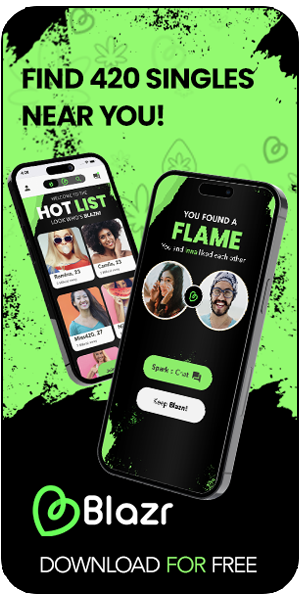Reword and rewrite the following article in HTML, use a hip journalistic writing style and make the heading statements in H3 or bold font where necessary: Capitalism doesn’t just create material inequality: it also inflicts pain and lays the groundwork for drugs to become a form of escape. “People whose lives have been wrecked by capitalism end up turning to drugs,” says activist Vince Tao, as quoted by Morbo.
In Vancouver, Canada, that equation comes to life in neighborhoods like the Downtown Eastside, where poverty, homelessness, and marginalization define daily life. There, the Drug User Liberation Front (DULF) decided to intervene with a proposal as radical as it is logical: distributing 100% pure drugs—cocaine, heroin, methamphetamine—so that people who use them at least know what they’re actually putting into their bodies.
Context matters. Canada is facing an unprecedented overdose crisis, with deeply alarming statistics. In 2024, an average of 20 people died every day from opioids (7,146 in total), according to the Public Health Agency of Canada. In 2023, the daily average was 22 deaths. Don’t let the slight drop fool you; the toll remains brutal, and fentanyl dominates the street supply.
Meanwhile, Vancouver is in the middle of a heated political debate over drug decriminalization and regulation. Conservative sectors are calling for more crackdowns, while public health and harm reduction advocates are pushing for a different path: safe, regulated access to substances, aiming to reduce deaths and the harms tied to the illicit market.
What is DULF, and how is it helping people?
The Drug User Liberation Front (DULF) was founded in 2020 with the mission of preventing deaths in a context where using drugs on the street is sort of like playing Russian roulette. Their method breaks the mold: the organization purchases drugs on the dark web, tests them in a lab using mass spectrometry, and distributes them to people on the street in clearly labeled packaging, indicating purity.
In the heart of Downtown Eastside, a neighborhood battered by government neglect, DULF operates more like a compassion club than a dealer. On average, about 20 people come through each day; some return more than once, knowing that what they’re receiving is real, pure, along with guidance on how to use it.
The substances distributed include heroin, cocaine, and methamphetamine, packaged in small bags with clear purity labels. The space sees a constant flow of people coming in to pick up. They only open on certain days, but there’s always a line.
What began as a protest performance—when they first handed out pure doses at public events to draw attention to the crisis—has evolved into a pilot program with 40 participants:
20 are part of the “compassion club,” with safe, regulated access.
20 form the control group, still buying on the street.
Contrary to what many might expect, not a single member of the club has experienced an overdose so far: a stark contrast to those still exposed to the illicit market.
DULF also regulates prices:
Heroin: CA 128/gram
Cocaine: CA 66/gram
Methamphetamine: CA 16.50/g


![[Watch] Rick Doblin: ‘We Taxed Ecstasy Dealers To Fund Our DEA Lawsuit’](https://mjherald.com/wp-content/themes/Extra/images/post-format-thumb-text.svg)
